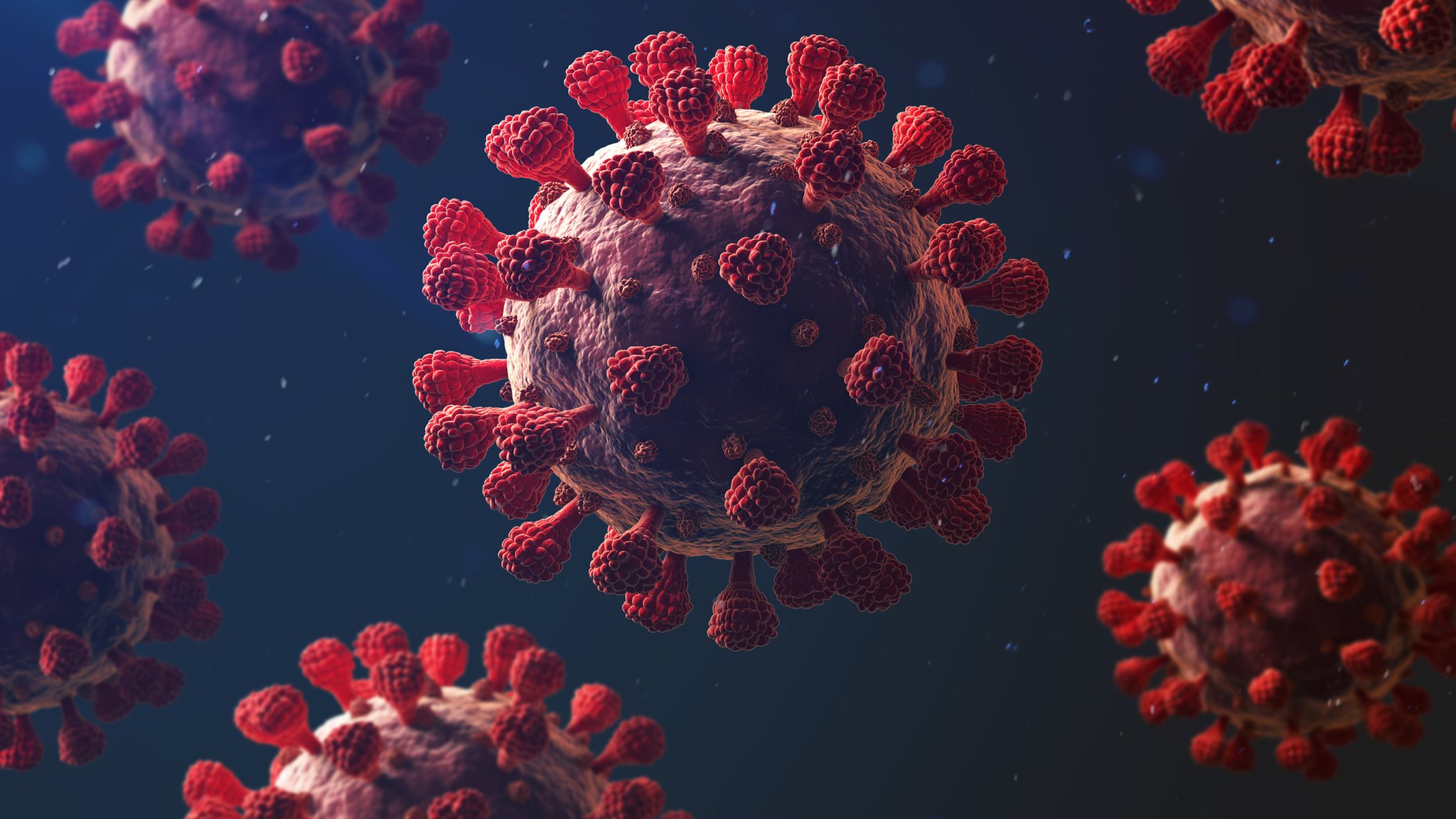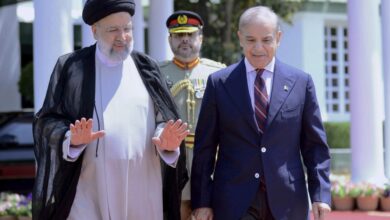
The uncertainty revolving around COVID vaccines is growing more profound. Several scientists globally are working on developing vaccines, which has given the world new hope. Pfizer, Moderna, Sputnik V, Covishield, Covaxin, etc., are some of the most effective vaccines for COVID-19. But the study and research on them are still in progress, which reveals interesting facts about them every day. India, on the other hand, is facing an acute shortage of vaccines since a lot of the population is still left to be vaccinated.
In several parts of India like Delhi, Mumbai, MP, the vaccination drive has been halted for 18-44 age groups as the vaccine stocks are capped. What will happen to the people who have already taken their first dose but due to the shortage can’t take the second dose? The central government has kept a mum and is frozen. Ignoring the citizen’s miseries and not making proper arrangements, PM Modi has completely become indolent.
While the vaccines should have been conserved for Indian citizens before exporting them to other nations, Modi found it right to export them. Nevertheless, the government isn’t bothered much to arrange the vaccines. Several experts and scientists have emphasized their concern on vaccination as it remains the primary means to avoid the pernicious virus.
Now preventing COVID-19 has become even more important now, since several new diseases are emerging in India daily. After the black and white fungus, a new yellow fungus has also emerged in the country. These fungi directly attack the lungs, liver and greatly affect the COVID-19 recovered patients. The patients who have recovered from COVID have weak immunity, which makes them susceptible for the fungus to easily stop their body processes and eventually leads to their death.
Hence, vaccination is now the only hope by which the people can save themselves. Similarly, the arrival of the third wave of COVID in India is inevitable, and as several experts revealed, it will massively affect the children. To dismantle all the chances of the third wave, and to save the future of India, our PM should immediately import vaccines available for children and began their vaccination drive. But he has turned barefaced. Also, the government did not cancel the board examinations of 12th-grade students. Without proper measures and vaccines, no parent would like to send their children facing the pernicious virus.

Study: Only 2 Covishield doses, not 1, effective against B.1.617.2 COVID-19 variant

On May 22, British health officials released a statement- that the Britain dominant COVID-19 strain spreading in India can only be controlled by 2 Covishield or any other COVID-19 vaccine available in India. The British health minister hopes that India would be able to lift COVID-19 restrictions by next month, and claims the data to be groundbreaking. The study also reveals that the two doses of antibodies are effective in protecting against the B.1.617.2 COVID-19 variant which is dominating in India. A single dose confers less protection, especially against this new COVID-19 variant.
In the UK, B.1.1.7 variant is most common, which is also present in India in equal proportions. The PHE, Public Health England, has recently promoted the designation of the B.1.617.2 strain from ‘variant under investigation’ to ‘variant of concern’.
The study conducted by PHE has mentioned the following results quoted from its website:
- The Pfizer-BioNTech vaccine was 88% effective in combating symptomatic disease from B.1.617.2 equivalent 2 weeks after the second dose, compared with 93% efficacy compared with B variant. 1.1.7 “
- “AstraZeneca vaccine was 60% effective in combating symptomatic disease from a different B.1.617.2 versus 66% efficacy compared to the B.1.1.7 variant when both the doses are administered”
- “Both vaccines were 33% effective against the virus from B.1.617.2, with an estimated 50% performance compared to the B.1.1.7 variant after 3 weeks of administration”
The PHE also released a print paper on its websites which summarized the following points:

Firstly, to measure the vaccine’s effectiveness in protecting the people from B.1.617.2 variant as compared to B.1.1.7 variant, a test-negative case-control, TNCC was designed. The state of the vaccine is briefly compared to cases that show symptoms in those who report symptoms but assess them for negative. This helps to control discrimination related to life-seeking behavior, access to COVID-19 tests, and other parameters.
Secondly, a test was conducted to find the number of cases spreading by the B.1.1.7 as compared to the B.1.617.2 variant under the parameter of vaccination status. It was presumed that the vaccines are equally effective against both the variants, a similar proportion of cases with either variant would be expected in unvaccinated compared to vaccinated individuals. It was found that the vaccines were less effective against the B.1.617.2 variant, but after 3 weeks of taking the second dose, its effectiveness increased as compared to the unvaccinated people.
In conclusion: The study found that the Pfizer-BioNTech vaccine was 88% effective in fighting the disease due to a variant of B.1.617.2 two weeks after the second dose, and 93% effective in combating the symptoms due to B.1.1.7 exception. The second dose of Asterzeneca made Covishield was found to be 60% effective against the B.1.617.2 variant, and 66% effective against the B.1.1.7 variant.
The results would help to handle the pandemic well, as several countries are ferocious about the virus. The government can use this data to revamp the vaccination drive in India and prioritize both the doses of vaccines. PHE’s findings offer both hope and despair as the B.1.617.2 variant is swiftly spreading in India. This is because one of the findings of the same study: that only one dose of both vaccines was effective with only 33% effective against the disease due to B.1.617.2 and 50% of anti-inflammatory diseases due to B.1.1.7 – in both cases after three weeks of taking the gun.
India recently widened the maximum allowable gap between two doses of the AstraZeneca vaccine, called Covishield in the country, to 16 full weeks. The Indian government tried to justify this statement as a basis of a scientific statement. But in reality, the country is facing an acute shortage of vaccines, hence increasing the gap between the vaccine doses may help the government to manage the vaccination and give enough time to buy vaccines.







